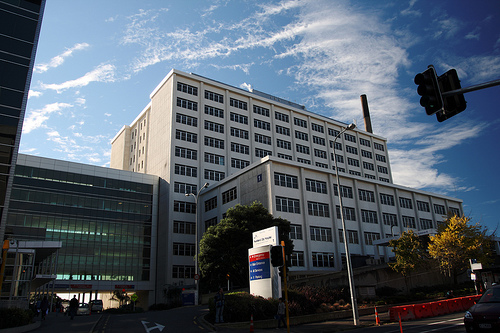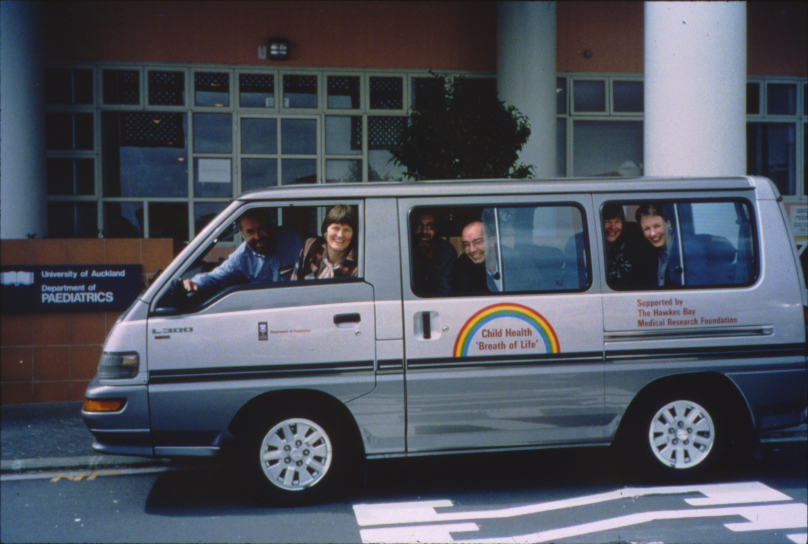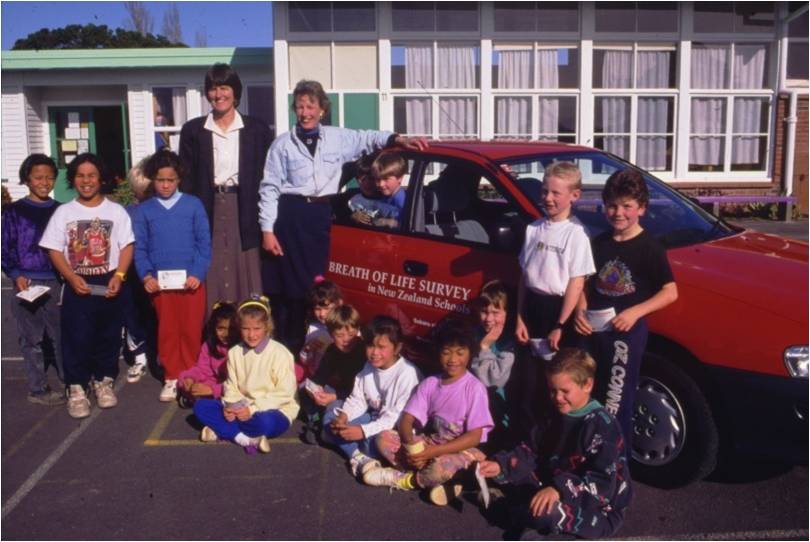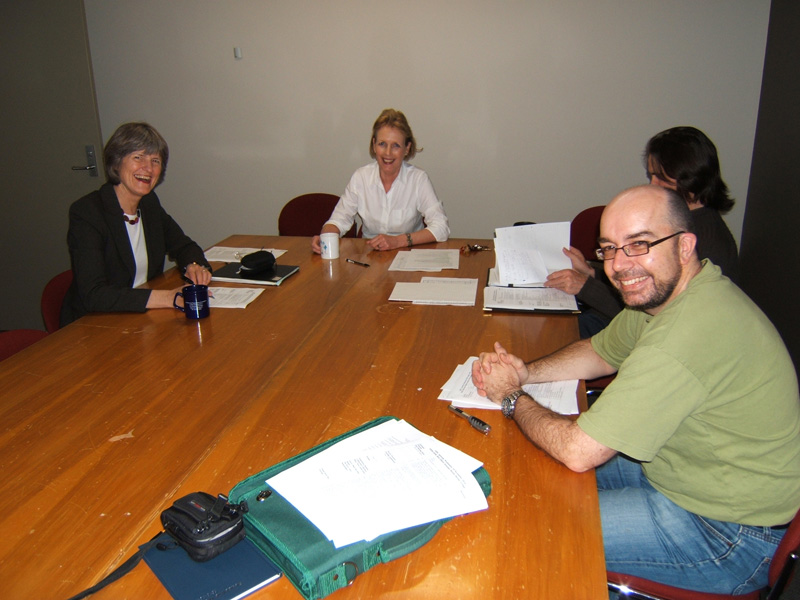Auckland Centre
| Phase OneView Centre Details | Phase Two | Phase Three | |||
| Centre: | Auckland, New Zealand ( Oceania ) | ||||
| Principal Investigator: | Professor M Innes Asher ONZM | ||||
| Age Groups: | 13-14, 6-7 | Timeframe: | October 2001 to September 2002 | ||
| Sampling Frame: | All schools in the Auckland region of the Ministry of Education. The Auckland district incudes the Rodney, North Shore, Waitemata, Auckland, Manukau, Papakura and Franklin territorial local authorities. | ||||
Personnel
Personnel
Professor Innes Asher
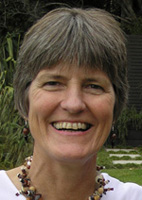
Department of Paediatrics: Child and Youth Health
Faculty of Medical and Health Sciences
The University of Auckland
Private Bag 92019
New Zealand
Roles:
- Chairperson of the ISAAC Steering Committee
- Chairperson of the ISAAC Executive
- Director, ISAAC International Data Centre
- National Coordinator for New Zealand
- Phase One Principal Investigator for Auckland
- Phase Three Principal Investigator for Auckland
Mr Tadd Clayton
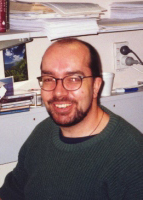
Department of Paediatrics: Child and Youth Health
Faculty of Medical and Health Sciences
The University of Auckland
Private Bag 92019
New Zealand
Roles:
- Phase One collaborator for Auckland
- Phase Three collaborator for Auckland
- Fieldworker Phase One and Three
- IIDC
- ISAAC Data Manager
Mrs Philippa Ellwood

Department of Paediatrics: Child and Youth Health
Faculty of Medical and Health Sciences
The University of Auckland
Private Bag 92019
New Zealand
Roles:
- ISAAC Steering Committee
- Phase One collaborator for Auckland
- Phase Three collaborator for Auckland
- ISAAC Research Manager
- Principal fieldworker Phases One and Three
- Advisor for NZ centres
Mr Eamon Ellwood

Department of Paediatrics: Child and Youth Health
Faculty of Medical and Health Sciences
The University of Auckland
Private Bag 92019
New Zealand
Roles:
- Phase Three collaborator for Auckland
- IIDC
- ISAAC Webmaster
Mrs Tania Milne
Department of Paediatrics: Child and Youth Health
Faculty of Medical and Health Sciences
Private Bag 92019
The University of Auckland
Private Bag 92019
New Zealand
Roles:
- Phase One collaborator for Auckland
- Phase Three collaborator for Auckland
- Administrator Sept 2003 - Mar 2006
Professor Ed Mitchell
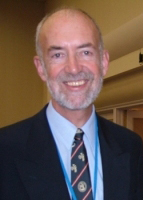
Department of Paediatrics: Child and Youth Health
Faculty of Medical and Health Sciences
The University of Auckland
Private Bag 92019
New Zealand
Roles:
- ISAAC Steering Committee
- Phase One collaborator for Auckland
- Phase Three collaborator for Auckland
- IIDC
- Professor of Child Health Research
Mr Alistair Stewart
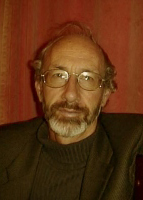
Epidemiology and Biostatistics
School of Population Health
The University of Auckland
Private Bag 92019
New Zealand
Roles:
- ISAAC Steering Committee
- Phase One collaborator for Auckland
- Phase Three collaborator for Auckland
- IIDC
- Biostatistician
Mrs Christine Thomas
Department of Paediatrics: Child and Youth Health
Faculty of Medical and Health Sciences
The University of Auckland
Private Bag 92019
New Zealand
Roles:
- Phase One collaborator for Auckland
- Administrator Nov 1998 - Jan 2000
Mrs Nancy Williams
Department of Paediatrics: Child and Youth Health
Faculty of Medical and Health Sciences
The University of Auckland
Private Bag 92019
New Zealand
Roles:
- Phase One collaborator for Auckland
- Administrator Apr 2000 - Sept 2003
Why was this centre selected for ISAAC?
Asthma symptom prevalence in children was first studied in Auckland in 1985, using a written questionnaire and bronchial hyper-responsiveness. The background context is described in ‘The origins of ISAAC: a New Zealand perspective’. This led to the development of a study to explore international differences in severity of asthma symptoms in children using standardised methods, of which Auckland was to become one of five New Zealand centres.
In 1991 we successfully applied for a grant from the Health Research Council (HRC) of New Zealand to compare between countries and within New Zealand (by area and ethnic group) the prevalence and severity of childhood asthma in two age-groups of children (6-7 year old children and 13-14 year adolescents). This HRC grant covered the costs of the fieldwork in Auckland, Wellington and Christchurch, and for Auckland a full-time data manager, and secretarial and computing support. The funding remained conditional upon at least one other centre outside New Zealand obtaining funds for a similar survey in their own centre. This initiative joined with the German initiative in March 1991, which then formally became ISAAC.
Auckland is the New Zealand city with the largest population, and the most ethnically diverse with the largest populations of M?ori and Pacific children residing in Auckland
Our experience of ISAAC
Phase One:
The Auckland centre undertook Phase One core questionnaire on asthma, rhinitis and eczema without any additions. The schools were chosen from within the boundaries of the Auckland district of the Ministry of Education. There were 47 participating schools in the childrens group and 13 participating schools in the adolescent group.
In New Zealand we chose to examine whether the season in which the parent/adolescent responded to the questionnaire influenced the symptom prevalence of asthma. Auckland was one of three New Zealand centres in whom this was examined. The resultant publication [Stewart 1997] showed that there was no effect on eczema symptoms, a little effect on asthma symptoms, and a positive season-of response effect on rhinitis symptoms.
Phase Three:
The Auckland centre undertook Phase Three core questionnaire and the complete environmental questionnaires for both age groups from the same sampling frame as Phase One. There were 37 participating schools in the 6-7 year age group and 15 participating schools in the 13-14 year age group.
References
The data from Auckland Phases One and Three are included in all the publications from New Zealand (there are no separate Auckland –only publications)
Acknowledgements
We gratefully acknowledge financial support from The HRC and the Hawke’s Bay Medical Research Foundation for supporting the Phases One and Three Auckland fieldwork. We are also indebted to all the children, parents and school staff who participated in the surveys, and wish to thank our fieldwork teams for their enthusiasm and diligence throughout each study.

